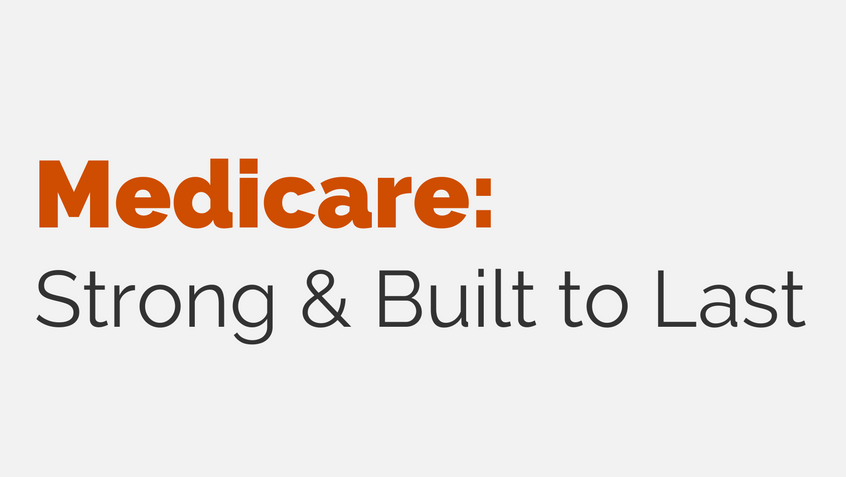
Average Medicare Part D Premiums Inch Lower but Drug Affordability Still a Problem
This week, the Centers for Medicare & Medicaid Services (CMS)—the agency that oversees the Medicare program—announced that premiums for Medicare Part D, an optional benefit that provides prescription drug coverage, will be slightly lower for 2019. The average 2018 premium for basic coverage is $33.59, and the projected average for 2019 will be $32.50.
CMS suggests that increased competition and changes in cost sharing are the main reasons for the reduction. However, the drop may more likely reflect changes that Congress made earlier this year that shifted some of the costs for medications in the “donut hole”—a coverage gap in the program where costs for beneficiaries historically increased sharply—away from drug plans and onto manufacturers.









